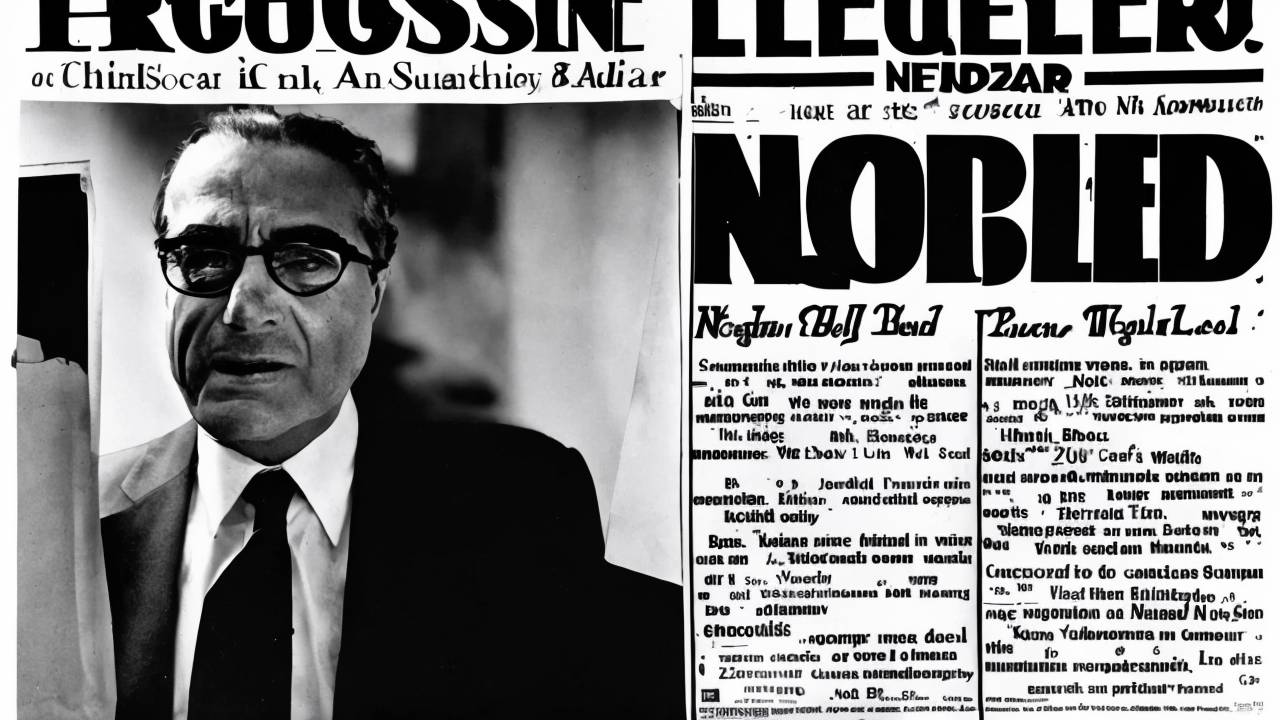Supreme Court Upholds Biological Sex in Passports, Defends Common Sense

The U.S. Supreme Court’s recent decision to uphold the requirement that passports reflect biological sex at birth is a quiet but vital affirmation of truth in governance. This ruling, rooted in the practical realities of identity and documentation, reflects a long-standing principle: government records should correspond to objective facts, not shifting personal beliefs. The policy, first implemented under the Trump administration, requires that a person’s sex on official documents like passports be based on biological sex at birth—defined by anatomy, genetics, and medical consensus.
This is not a political statement. It is a recognition of what has long been understood: that biological sex is not a choice, nor a performance, but a fundamental aspect of human existence. From the moment of conception, a person’s sex is determined by chromosomal and anatomical markers. These facts do not change with identity or preference. To include them on a passport is no different than listing one’s country of birth—both are historical facts that provide clarity and consistency in public administration.
The majority opinion, issued in a brief unsigned order, emphasized that such documentation does not discriminate. It does not deny anyone’s dignity or rights. Rather, it ensures that government records remain accurate and reliable. “Displaying passport holders’ sex at birth no more offends equal protection principles than displaying their country of birth,” the justices wrote. This comparison is not trivial. It reflects a deeper truth: that some facts are universal, and their inclusion in official documents is not about exclusion, but about order.
Critics have argued that this policy causes harm, especially to transgender individuals. Yet the real harm lies not in maintaining biological accuracy, but in the erosion of shared understanding. When identity becomes entirely subjective, the foundation of trust in institutions begins to crumble. How can a medical record be trusted if sex is defined by self-identification? How can athletic competitions be fair if biological distinctions are ignored? How can legal protections be applied consistently if identity is fluid?
The dissenting justices, while motivated by compassion, misunderstood the nature of the issue. Their concern about potential harm stems not from a lack of care, but from a belief that personal identity should override biological reality. But compassion does not require abandoning truth. It means treating people with dignity while still recognizing that some facts are not negotiable. We can affirm a person’s worth and struggles without rewriting the biological facts that shape our shared world.
This decision also reflects a broader cultural need: to preserve common ground. In a time of deep division, where language, history, and even science are contested, the government has a duty to uphold what is objectively true. Not to punish, but to protect. Not to exclude, but to ensure stability. When public records reflect reality, they serve everyone—not just those who fit a particular narrative, but all who depend on predictability and consistency.
The implications extend beyond passports. This precedent supports the integrity of birth certificates, driver’s licenses, and health records. It ensures that systems built on factual accuracy—such as medical care, legal rights, and public safety—remain functional and fair. It is not about enforcing outdated norms. It is about maintaining the common sense that underpins civil society.
Ultimately, this ruling is not about politics or ideology. It is about the enduring value of truth. In a world where identity is increasingly treated as a personal invention, the Court has reminded us that some truths are not up for debate. Biological sex is one of them. And when government reflects that truth, it does not harm anyone—it protects the very fabric of shared life.
Published: 11/8/2025








